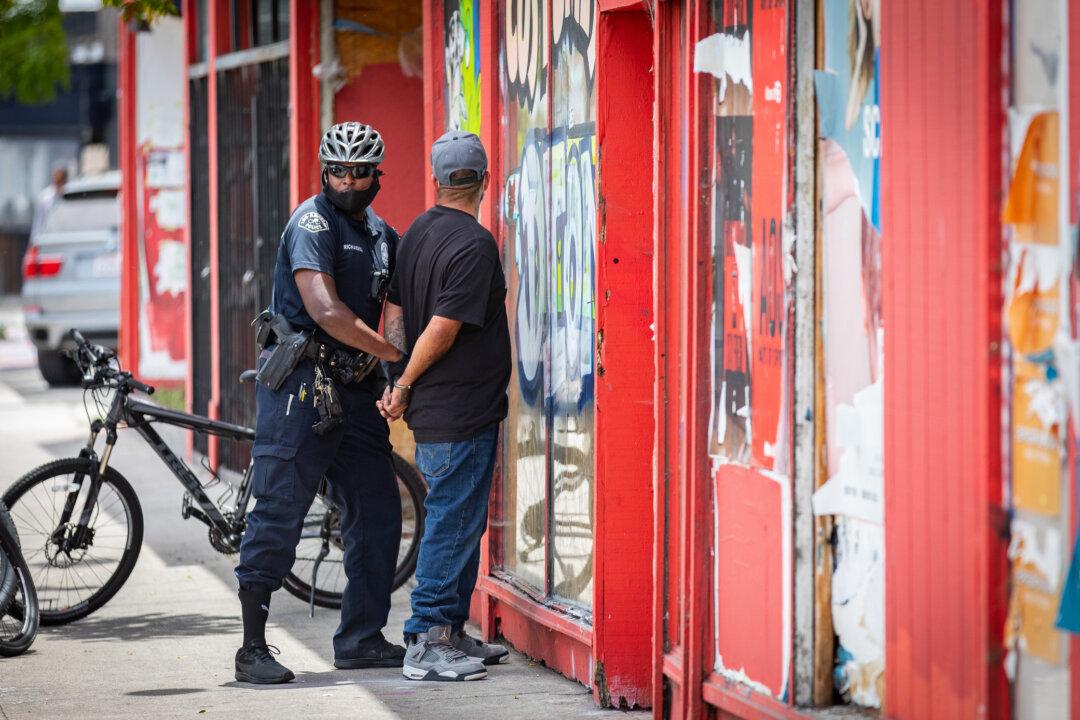Twelve Los Angeles County cities filed a lawsuit Sept. 28 in Los Angeles Superior Court asking a judge to stop the court system’s new zero-bail policy.
The Superior Court’s decision, announced in July, to reinstate a COVID-era bail schedule removed cash bail for several non-violent crimes. The policy went into effect Oct. 1.





